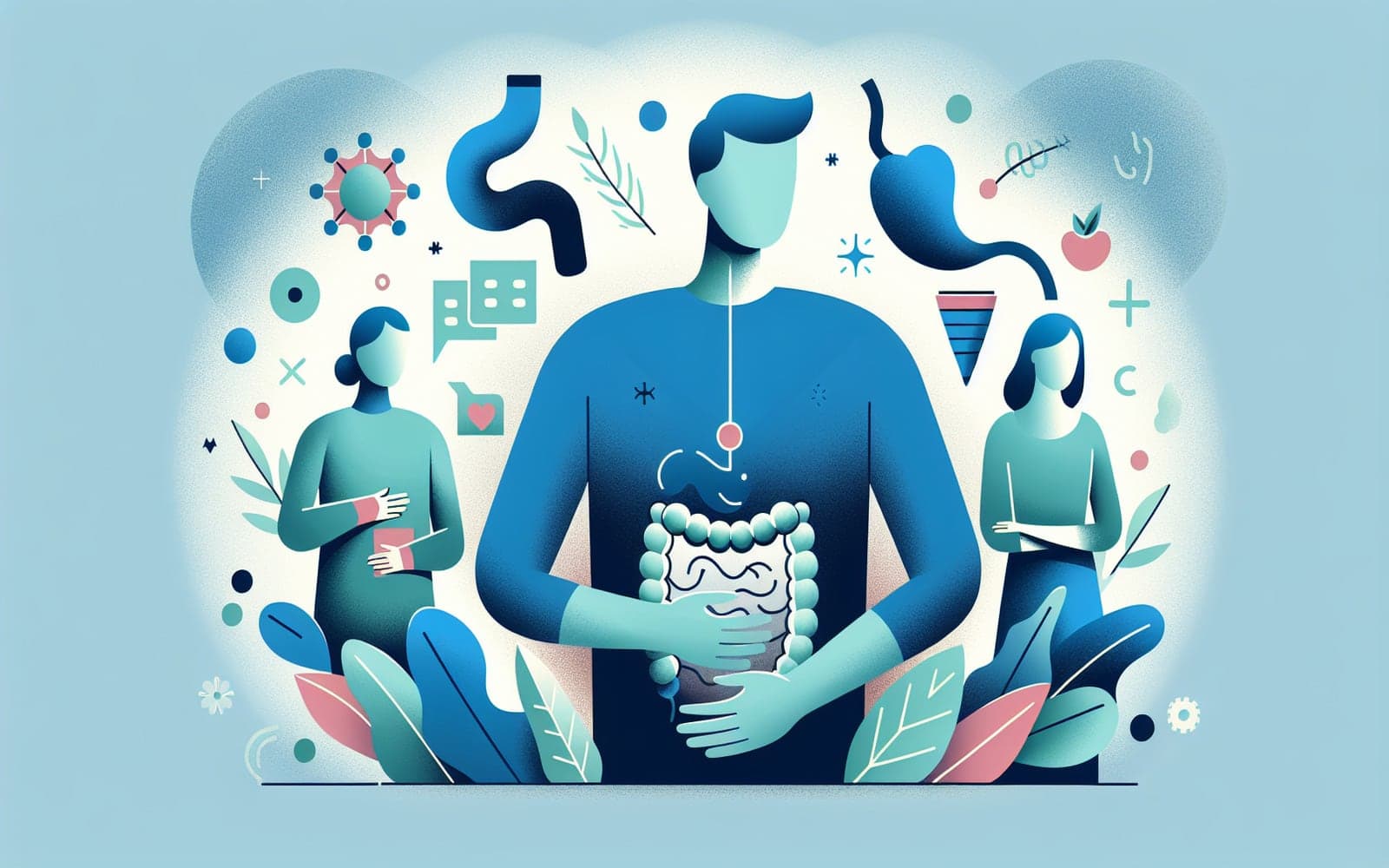Preventing Dyspepsia: Tips for a Happier Stomach
Preventing Dyspepsia: Tips for a Happier Stomach
Why It Matters
Dyspepsia can be uncomfortable and disruptive, but there are ways to reduce the risk of developing it. Discover some simple preventive measures.
Contents
- Mind Your Meals
- Avoid Triggers
- Manage Stress
Mind Your Meals
Eating smaller, more frequent meals can help prevent dyspepsia. Avoiding rich, fatty foods and not eating late at night are also beneficial. Staying hydrated and chewing food thoroughly are simple yet effective practices.
Avoid Triggers
Identifying and avoiding personal triggers is key. Common triggers include spicy foods, alcohol, and caffeine. Keeping a food diary might help pinpoint what causes your symptoms.

Manage Stress
Stress can exacerbate dyspepsia symptoms. Techniques like yoga, meditation, or regular exercise can help reduce stress and improve digestion. Finding what works for you is crucial to managing stress effectively.
FAQs
Can diet affect dyspepsia?
Yes, eating habits can significantly impact symptoms.
What foods should I avoid?
Rich, fatty, and spicy foods are common triggers.
How can stress impact dyspepsia?
Stress can worsen symptoms, so managing it is important.
Are there lifestyle changes that help?
Yes, managing meal size and timing can help.
Key Takeaways
Simple lifestyle changes can go a long way in preventing dyspepsia.
Additional References
- Lacy BE, Talley NJ, Locke GR 3rd. Treatment options and management of functional dyspepsia. Aliment Pharmacol Ther 2012; 36:3.
- Cangemi DJ, Lacy BE. Gastroparesis and functional dyspepsia: different diseases or spectrum? Curr Opin Gastroenterol 2020; 36:509.
This article has been reviewed for accuracy by one of the licensed medical doctors working for Doctronic.











